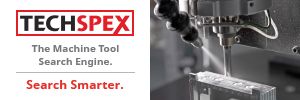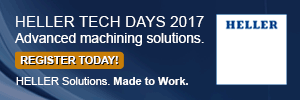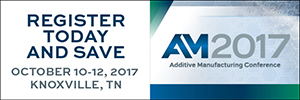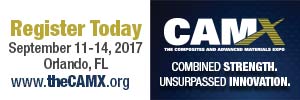
The VW Wolfsburg Plant. It is as big as Monaco, albeit not as charming as the principality.
The Volkswagen Wolfsburg Plant is situated on the banks of the Mittellandkanal in northwestern Germany. The Mittellandkanal is man-made, created to help move raw materials into the facility and cars and trucks out. (Now roadways handle most of the logistical shipments.)
The Wolfsburg Plant, which opened in 1939, sits on a site larger than 2.3-square miles. If you take all of the buildings and put them together, that represents an area of 395 acres or a footprint that is about 2.5 times the size of the Pentagon. There are some 72,500 employees who work at the Wolfsburg Plant.
On March 8, some 20,000 of those people assembled in Hall 11 to listen to Volkswagen Group CEO Matthias Müller, Herbert Diess, VW brand CEO, Bernd Osterloh, chairman of the Group Works Council, and Stephan Weil, prime minister of Lower Saxony, which is not only the state where the Wolfsburg Plant is located, but also the second-largest shareholder of VW.
The subject of the speakers was, one way or another, the continuing fallout brought on by the diesel cheat scandal.
Diess told the assembled: “If we do the right things now, Volkswagen can become the sparkling core brand of the Group again in a few years’ time. The Wolfsburg plant has a key role to play in these efforts.”
Müller stated: “The core brand Volkswagen and our main plant in Wolfsburg bear a special responsibility.â€
Which seems as though they’re putting a lot on the shoulders of the women and men of the Wolfsburg Plant, especially given that this was a screw-up of monumental proportions of management.
Wolfsburg is where VW Group is headquartered. The city of Wolfsburg exists because of the factory. Volkswagen Kraftwerk operates two power plants that not only serve the needs of the factory, but also the city.
At the plant they build an array of VW products, most notably the Golf and the new Tiguan. Diess described the new Tiguan as a “great opportunity.â€Â The previous generation model was not so great. In the U.S. market, where compact crossovers sell like currywurst in the Wolfsburg cafeterias (full disclosure: I’ve eaten the currywurst in Wolfsburg and it is delicious), the Tiguan didn’t seem to be on the menu of very many buyers. According to Autodata, for 2015 VW delivered 35,843 Tiguans in the U.S. Honda, on the other hand, delivered 31,185 CR-Vs for the month of December. Presumably, the new Tiguan is going to be more competitive in the market.
While the Volkswagen Group (including Audi, Bentley and Lamborghini) in the U.S. is comparatively small—just 3.2 percent of the entire market—in other parts of the world it is huge.
The diesel scandal has put soot not only on compression-combustion engines from the company, but over the entire operation. Sure, there are going to be those, especially in Germany, who are going to continue to be VW loyalists, but it needs to be kept in mind that for those who are looking for a wide selection of automobiles in a German showroom, VW is pretty much the only going concern, as no other manufacturer in the country matches its breadth of offerings.
What’s sad about this situation is that a few people have had an outsized effect on many—not only direct employees of the company, but also those of suppliers as well as those service companies that support or sell to them. And let’s not overlook the fact that the emissions will have negative health effects: According to research conducted by MIT and Harvard, some 60 people in the U.S. will die 10 to 20 years prematurely due to the excess emissions from the VW Group vehicles with the defeat devices, which is not a big number—but it is 60 too many if it happens to be someone you love.
Although the case is currently not the stuff of headlines, it seems as though day by day more is revealed of who knew what when. And it doesn’t look good.
Volkswagen will come out of this. But “sparkling core brand in a few years’ timeâ€?  I agree with the “core.â€Â But the “sparkling†and the “fewâ€? Seems unlikely.








